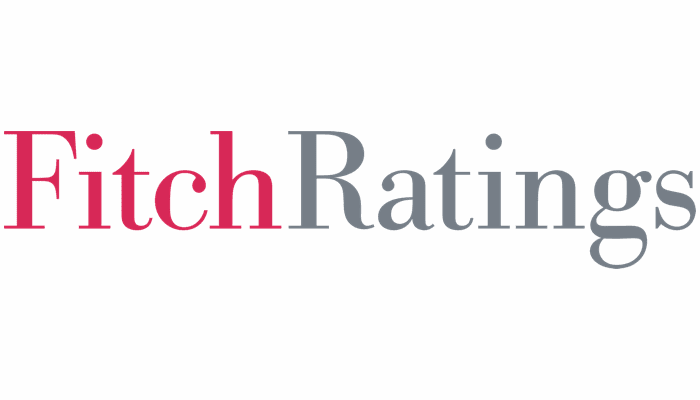Fitch stays neutral on reinsurance, says cat bonds to gain in importance

The global reinsurance sector outlook remains neutral according to rating agency Fitch, who says that relative stability is expected despite macro-pressures, but also notes that catastrophe bonds are set to gain in importance within alternative capital.
Brian Schneider, Senior Director commented, “Fitch forecasts a broadly stable underlying level of profitability for the global reinsurance sector in 2022 and 2023 as price increases and rising reinvestment yields will help to offset upward pressure on claims inflation and lower asset values.”
Relatively stable demand is expected, with the economic slowdown not anticipated to affect this too much and Fitch said that it expects underlying reinsurance profitability to remain broadly stable in 2022 and 2023.
The rating agency believes that price increases and higher reinvestment yields will largely offset the impact of rising claims inflation, something that some carriers would dispute as they feel they are largely flat due to inflation, as that is eroding gains.
But Fitch says that, “We believe reinsurers will be able to maintain underwriting profits around the 2021 level over the next 12 to 18 months.”
The rating agency has a base case forecast for a reinsurance sector combined ratio of around 96% for 2023.
Although Fitch cautioned that, “sustained high inflation and the effects of climate change make claims trends less predictable.”
Adding, “Property lines could face margin pressure if prices do not keep up with repair and construction costs, while long-tail casualty lines could face reserve deficiencies, which in severe cases could weaken reinsurers’ capital.”
The rating agency is relatively bullish on rate, saying that, “We expect property premium rates to rise further in 2023 as high inflation and climate change continue to push up claims. In contrast, casualty premium rates are likely to remain stable as casualty business benefits from a higher reinsurance capital allocation.”
The trend of reinsurers reducing property catastrophe exposure is expected to continue, Fitch says, as “natural catastrophe events are likely to become increasingly frequent and severe due to climate change, leading to rising costs for the industry and increasingly volatile earnings.”
“Fitch expects more reinsurers to reduce their property-catastrophe exposure or even to cease cover, moving the industry closer to a true hard market where demand will not be fully met,” the rating agency explained.
Which is perhaps where the insurance-linked securities (ILS) market comes in, as we’ve been explaining in recent articles.
There appear to be opportunities emerging for ILS markets and investors to step in with reliable and robust, as well as efficient capital, to ensure cedents are able to secure the property catastrophe reinsurance coverage they need at the next renewals in January 2023.
One area of opportunity is catastrophe bonds and Fitch believes these capital markets backed risk transfer instruments are set to become increasingly important in the industry.
Fitch said that it expects, “Capital inflows into the alternative capital space will remain strong in 2022 and 2023 as insurers and reinsurers increasingly place more peak risks with institutional investors.”
Catastrophe bonds have been gaining in importance within this, Fitch noted, as strong issuance in recent quarters has now helped them to become 32% of the alternative capital space at year-end 2021, up from 29% at year-end 2020.
By the middle of 2022, if you take a measure for alternative capital of $97 billion, plus cat bond risk capital outstanding of around $37 billion (depending on what you include), the cat bond market is currently providing around 38% of ILS capital, so strong expansion and increasing relevance seems increasingly likely going forwards.






